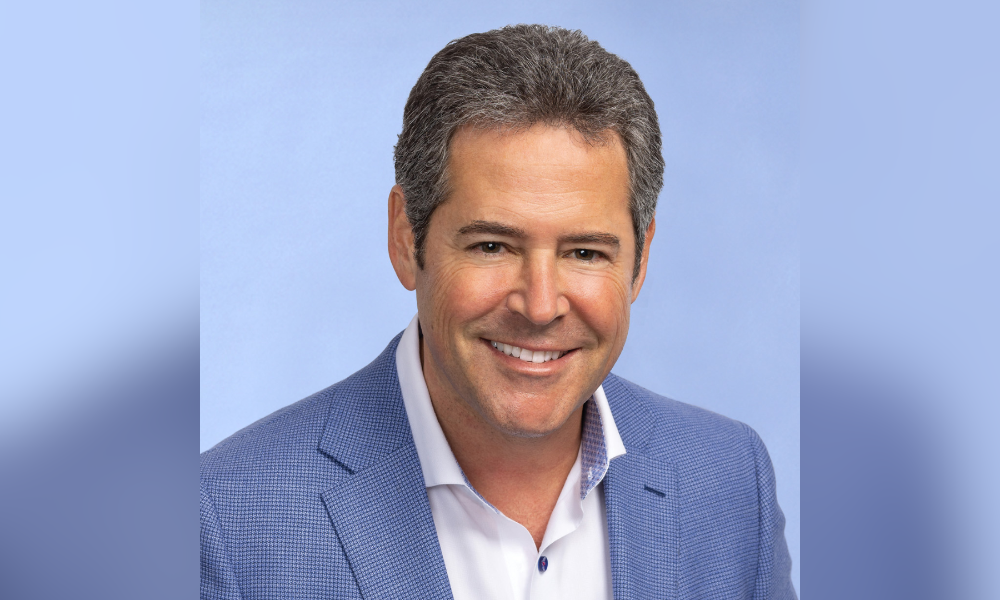Predominance of state regulation means recent federal watchdog overhaul will have little impact, says exec

Weeks after the Trump administration first set about dismantling the Consumer Financial Protection Bureau (CFPB), the mortgage industry and consumers alike remain in the dark about the watchdog’s fate – and whether a new regulatory framework is in the works for the mortgage space.
While few federal regulations impact the US’s private mortgage lending space because it mainly falls under state jurisdiction, companies and executives in that sector are keeping a keen eye on developments at the CFPB and what form it will take under Trump’s pick to head the agency, Jonathan McKernan.
That’s because there are plenty of loan servicers across the country who do both business-purpose and personal loans, according to National Private Lenders Association (NPLA) owner and founding member Jonathan Hornik, and use the same compliance measures on both loan types to reduce legal risks and potential CFPB scrutiny.
McKernan has seemingly poured cold water on speculation that the CFPB would be eradicated entirely, telling the Senate Banking Committee during his confirmation hearing that it would “implement and enforce the federal consumer financial laws and perform each of its other statutorily assigned functions.”
But there’s already been a sea change in the CFPB’s approach since Trump took office, with scores of workers laid off and high-profile lawsuits dropped including cases against prominent mortgage lenders.
Private lenders keeping same regulatory focus despite upheaval
Hornik said the NPLA is advising private lenders that little has changed despite a dramatic few weeks at the CFPB and plenty of speculation about the regulatory outlook.
“The CFPB is still on the books, so there’s a big question I’ve got as well: What do we do?” he told Mortgage Professional America. “And the advice we’re giving is that you follow the laws on the books whether there’s an enforcement agency or not.
“There’s nothing to be said that in four years, when President Trump can’t run again… somebody couldn’t come in and try to enforce those laws and those breaches. So you have to be mindful of the laws, always.”
Treasury Secretary Scott Bessent predicts a US housing market rebound and faster inflation decline, citing deregulation and energy expansion. Meanwhile, mortgage rates remain high, posing affordability challenges. https://t.co/nuyQ3zfzeG
— Mortgage Professional America Magazine (@MPAMagazineUS) March 4, 2025
State regulation draws criticism
Hornik, whose NPLA hosts its next national conference on March 16-18 in Miami, said state laws have also provided plenty of food for thought recently – not least an interpretation of case law by Maryland’s Office of Financial Regulation (OFR) requiring statutory trusts to be licensed as originators to buy closed loans.
That was an effort by the state to ensure that all parties involved in mortgage lending and acquisition operate under a regulated framework to enhance consumer protection and reinforce Maryland’s financial system.
But Hornik said it risked driving prominent originators out of the state and putting in place further hurdles for borrowers in Maryland.
“For practical purposes, that means the cost of borrowing in Maryland is going to go up for Maryland residents, all by a decision from a regulator who’s interpreting a law, which, by the way, is completely wrong,” he said. “It’s a completely wrong position to take. I’m told there’s legislative action in Maryland that’s going to take place before April that will correct this mistake.”
Hornik also criticized New Jersey’s Community Wealth Preservation Program, an initiative enacted by the state giving homeowners facing foreclosure, their immediate family members, or tenants residing in the property the right to have the first opportunity to purchase the property at the sheriff’s sale for the upset price – the minimum amount the property can be sold for.
That program also allows eligible bidders to secure the property with a deposit significantly lower than the standard, but Hornik said it was likely to severely damage lending in the state and see lending institutions turn their attention elsewhere.
“How can [a lender] underwrite a deal if the debtor in possession could get away paying you back 50 cents on the dollar? There’s a lack of business savviness, a lack of thinking on the state level by a lot of elected officials, and they need to be monitored,” he said.
Make sure to get all the latest news to your inbox on Canada’s mortgage and housing markets by signing up for our free daily newsletter here.



